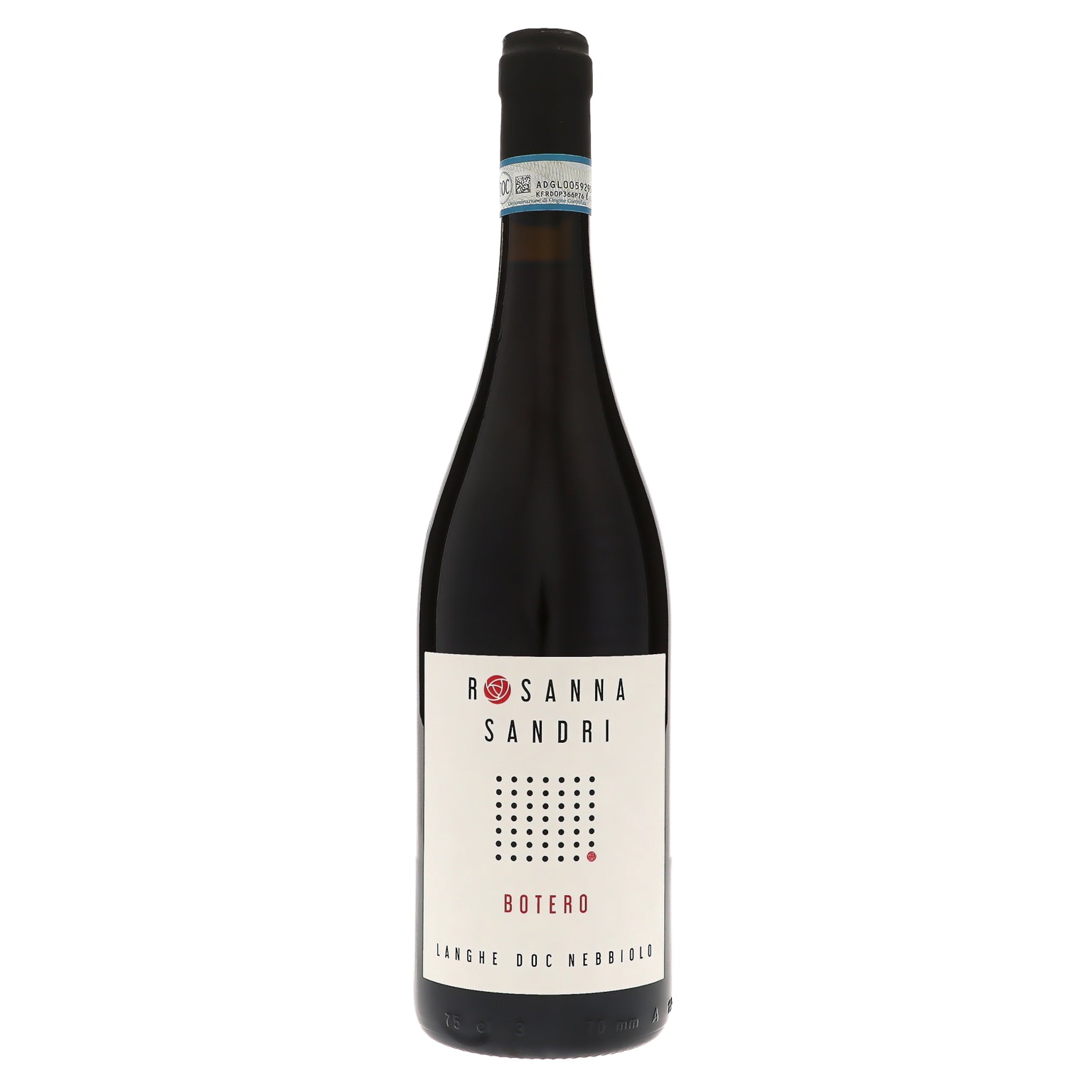Rosanna Sandri
Add to Favorites
Please Log In
Log in or sign up to add this producer to favorites.
12 products
Roberto & Mauro Prandi oversee the direction of their mother's eponymous winery, Rosanna Sandri. Owing to generations of hands-on work in the vineyards, the brothers imbue their work with knowledge gleaned as the first of their family to attend enological school. Those lessons served to hone their understanding of the special vineyards of the estate, further cementing the tradition of promoting sustainability, biodiversity and low-intervention in the winery.
In Treiso, Piedmont Rosanna Sandri is the matriarch of a longtime family vineyard. Dating back to her parents, Mario and Teresina, who planted the vineyards in 1950, to Rosanna's sons, Mauro and Roberto, the vineyard has always been in the Sandris' care. With Rosanna's innate wisdom from her life's work in the vineyards alongside her parents, Mauro and Roberto's education at Alba Enological School intertwines to create a perfect blend of tradition with an eye to sustainability for the future.
The first vineyards of the Sandri family were planted in San Rocco Seno d’Elvio, nearby the village of Barbaresco. By the time Rosanna married her husband Franco in 1978, the vineyards totaled 2.5 hectares. Though it was by necessity in the early years due to the lean post-war years, today the family still embraces a very minimalistic mindset in both the vineyards and winery; there are no chemical additions at all, embracing biodiversity in the vineyards, eschewing the use of tractors and other mechanical tools, and allowing the wines to be fermented with native yeasts. Vinifications will occur in concrete vats without temperature control, and aging done in large wood tanks.
By the early 2000s the family had added another 1.5 hectares to the fold, maintaining the family's ideals of biodiversity, interplanting and a non-invasive protocol when it comes to pruning and planting. All together, the vineyards average 4500 vines per hectare, allowing the root structures to thrive in natural competition with the cover crops and other natural vegetation. The family feels very strongly about creating this sustainable ecosystem, and the vines thrive as a result.


















